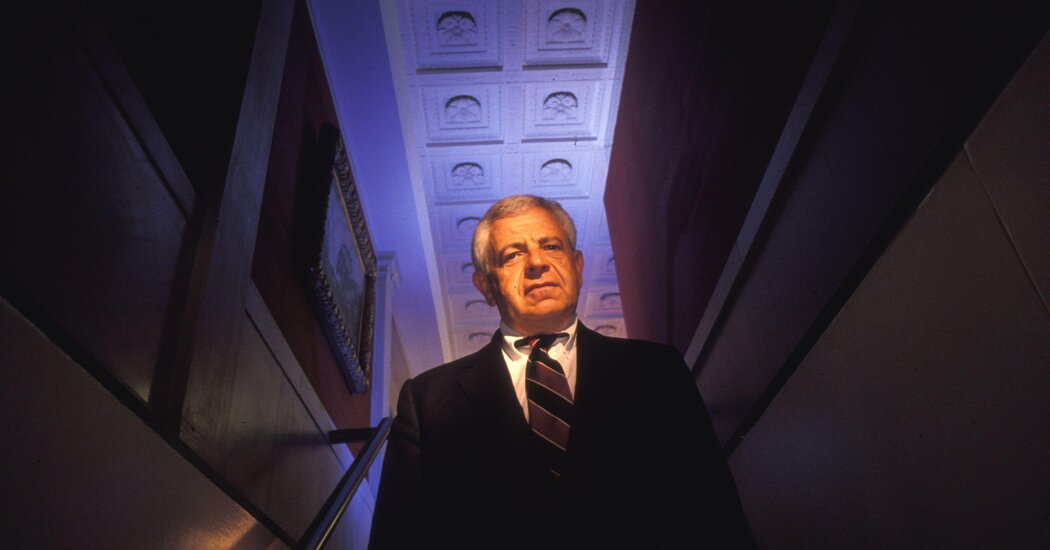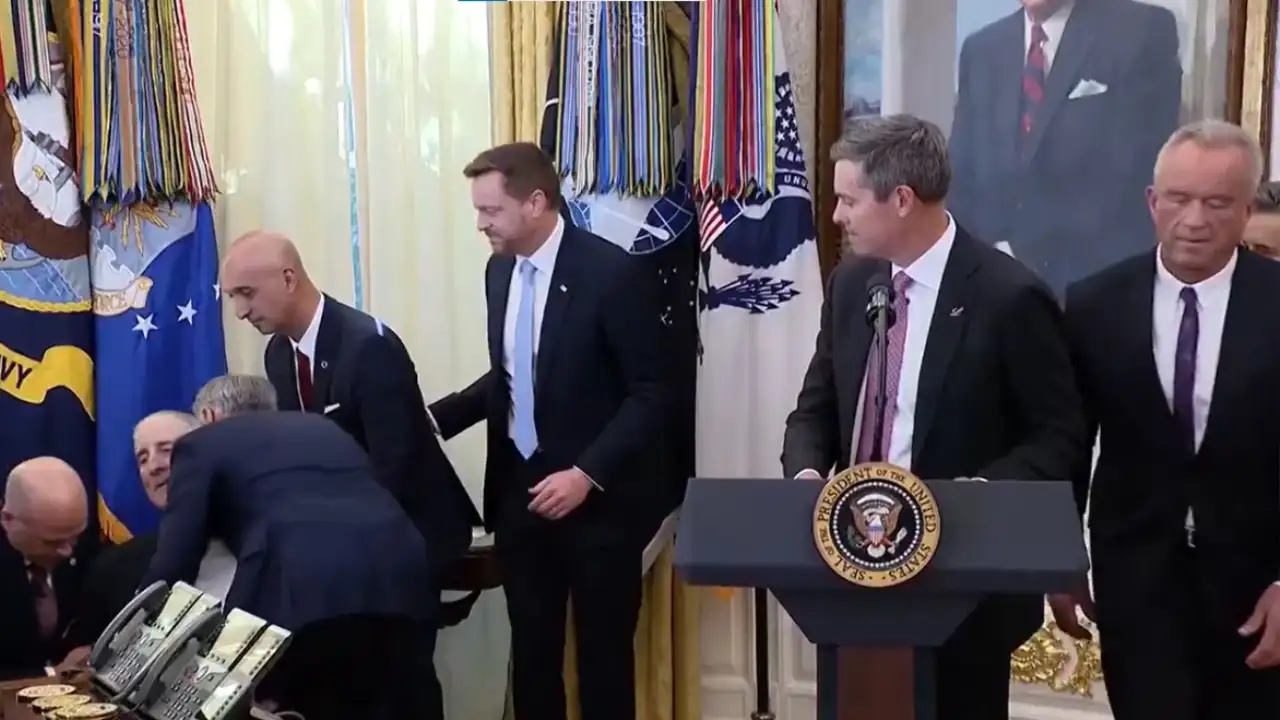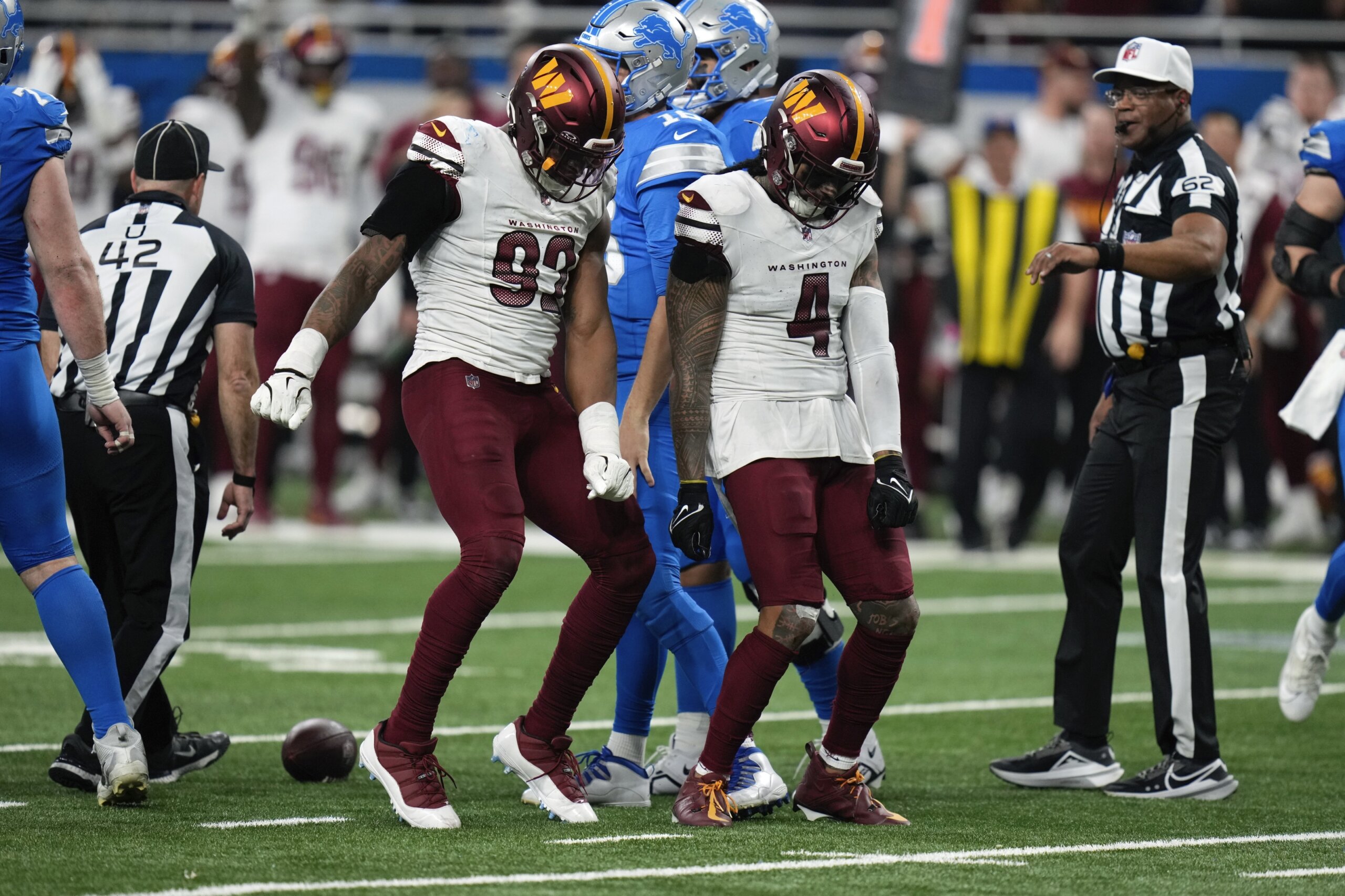Copyright The New York Times

Stanley M. Chesley, who won billions of dollars for clients in class-action suits that read like a checklist of appalling disasters and harmful products — the defoliant Agent Orange, the Bhopal chemical spill, leaky silicone breast implants — but who faced disgrace after he was disbarred for siphoning money from clients, died on Sunday in Cincinnati. He was 89. Rick Chesley, his son, said the death, in an assisted-care residence, came after a long decline from dementia. Mr. Chesley for decades was seen as a champion of the little guy, a savvy negotiator in major liability cases against corporations and powerful institutions. He helped win $180 million in 1984 from the makers of Agent Orange, an herbicide used during the Vietnam War that veterans said harmed their health. He wangled $85 million in 2006 from the Roman Catholic Diocese of Covington, in Northern Kentucky, on behalf of hundreds of plaintiffs claiming sexual abuse by clergy. In a career-making early case, Mr. Chesley represented the families of 165 people who perished in a horrific nightclub fire in Kentucky in 1977. Rather than just suing the club owners, he went after the makers of aluminum electrical wire, carpets and other products that he claimed contributed to the conflagration. He waved gruesome photos of victims that he threatened to show a jury if his adversaries didn’t offer a big settlement. He ended up winning $49 million for survivors and families, and the case reshaped building codes, product standards and how lawyers around the country handled mass-damage and class-action liability cases. Mr. Chesley acquired a nickname: “the master of disaster.” “In his pursuit of credibility and respect,” Forbes magazine wrote in a 1988 profile, “Stanley Chesley has helped turn the plaintiffs’ bar from a ragtag army of ambulance chasers into a force that strikes fear into the hearts of even the biggest, most powerful corporate defendants in the country.” For his part, he said in a 2010 interview, “I have always considered myself a people’s lawyer.” Raised in modest circumstances in Cincinnati, Mr. Chesley worked his way through college and law school there. He was driven by the striving of an outsider who did not feel welcomed by elites — financial and political — in the city where he spent his entire life. He was known for spontaneous generosity. He might pick up the tab for a dozen high schoolers at a restaurant on prom night. He once donated $80,000 to keep Cincinnati’s public pools open an extra week during a hot August. He served without pay as a counsel to the Conference on Jewish Material Claims Against Germany to win compensation for Holocaust survivors. Yet, according to courts, Mr. Chesney ultimately betrayed the trust of clients he represented in one of his most lucrative cases: a $200 million settlement that he won in 2001 on behalf of more than 400 Kentucky plaintiffs against the maker of a diet-pill combination known as fen-phen. Mr. Chesley and other lawyers in the case skimmed tens of millions of dollars in fees that should have gone to their clients, courts found. Two of the lawyers went to prison. Mr. Chesley, who testified against co-counsels in return for immunity from prosecution, was disbarred in 2013 by the Kentucky Supreme Court for unethical behavior. A court officer who examined the case and recommended disbarment found that Mr. Chesley had skimmed $7.6 million in excessive fees that should have gone to his clients. The officer called his actions “shocking and reprehensible.” Mr. Chesley denied wrongdoing but retired that year, at 77. For years, he fought a convoluted legal battle to avoid paying back the fen-phen clients, who claimed heart and lung damage from taking the pills, and who won a lawsuit against Mr. Chesley and the other lawyers. The law firm Mr. Chesley owned ultimately agreed to pay the clients $23.5 million, admitting “unjust enrichment.” After his disbarment, Mr. Chesley was forced to resign as a trustee of the University of Cincinnati, where he had received undergraduate and law degrees. Stanley Morris Chesley was born on March 26, 1936, in Cincinnati, one of two children of Frank and Rachel (Kinsberg) Chesley, both Jews who had immigrated from Ukraine. Frank Chesley owned a typewriter repair shop, and Stan, as he was known, grew up in a rented apartment. He worked his way through college doing odd jobs, including selling shoes at a department store, before graduating with a bachelor’s degree in economics in 1958. He received a law degree two years later. A first marriage, to Suellen Kaufman, in 1959, ended in divorce in 1981. In Mr. Chesley’s prime, he presided over a law firm with 90 associates in downtown Cincinnati. His office was vast, its ceiling glittering with gold leaf. The Cincinnati Enquirer described him in 2006 as “a bulldog in a fine Brioni suit.” Mr. Chesley and his second wife, Susan J. Dlott, a lawyer he married in 1991, lived in a 27,000-square-foot chateau-style home in the suburbs. He amassed a collection of 33 automobiles. A liberal Democrat in a largely conservative region, Mr. Chesley raised millions of dollars for Democratic candidates and got to know President Bill Clinton, who visited his home. In 1995, Mr. Clinton nominated Ms. Dlott to a seat on the U.S. District Court for the Southern District of Ohio. She was confirmed by the Senate and remains a senior judge on the court. After Libyan terrorists blew up a Pan Am jet over Lockerbie, Scotland, in 1988, with the loss of 270 lives, Mr. Chesley represented some of the victims’ families (though he did not participate in negotiating a $2.7 billion settlement with the Libyan government). And he helped lead negotiations in a product liability settlement on behalf of thousands of women who claimed injuries from silicone breast implants. The manufacturers, including Dow Corning, agreed in 1994 to pay $3.7 billion. Besides his wife and his son, Rick, from his first marriage, he is survived by his daughter, Lauren Miller, also from his first marriage; six grandchildren; and six great-grandchildren. In 2006, when Mr. Chesley was 70, he said that he hoped to work as a lawyer as long as he lived because he feared the obscurity of retirement. “I’ve known a lot of great lawyers,” he said, several years before being disbarred. “And there’s nothing sadder than when they retire, because people completely forget about them.”



